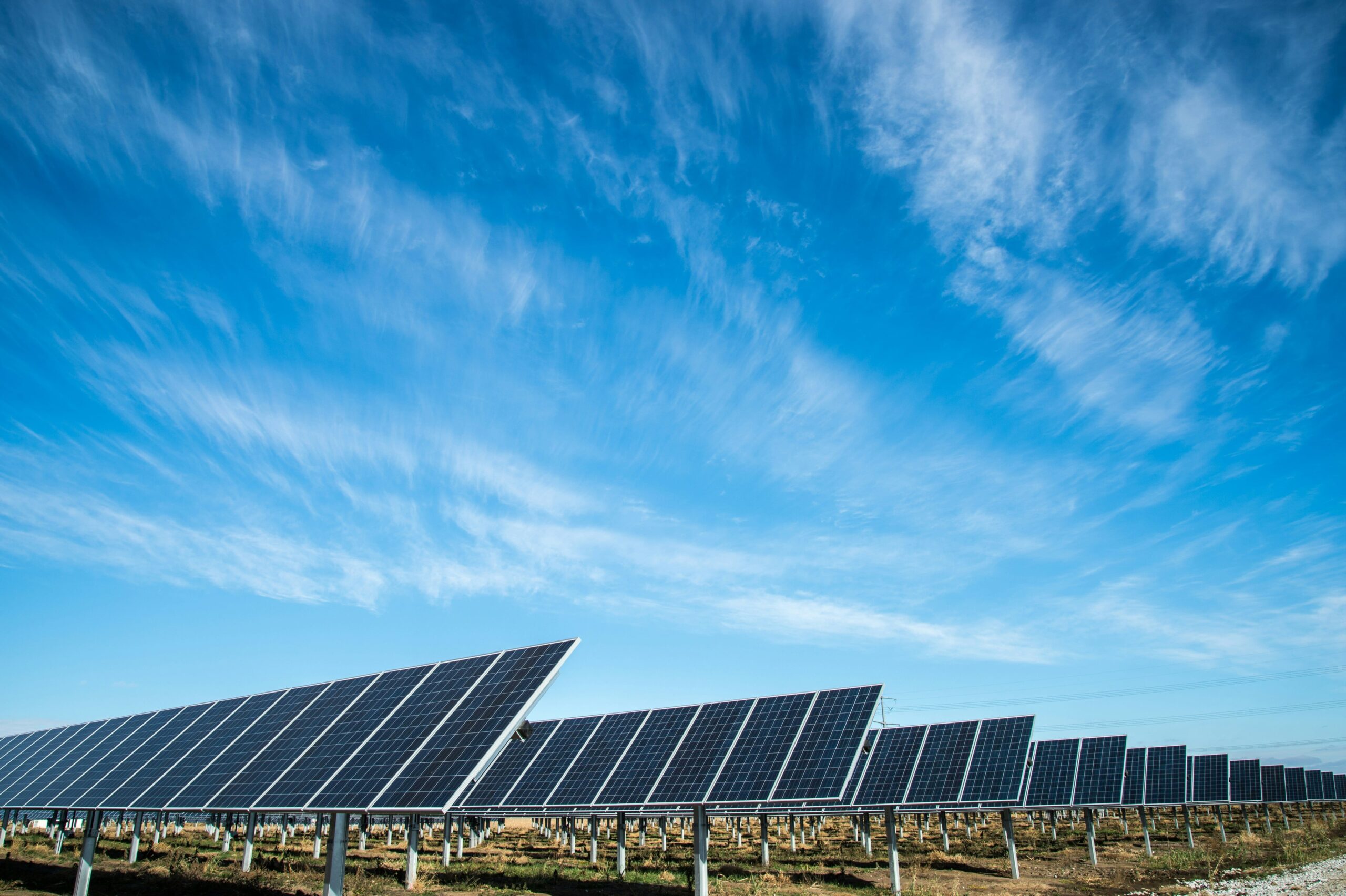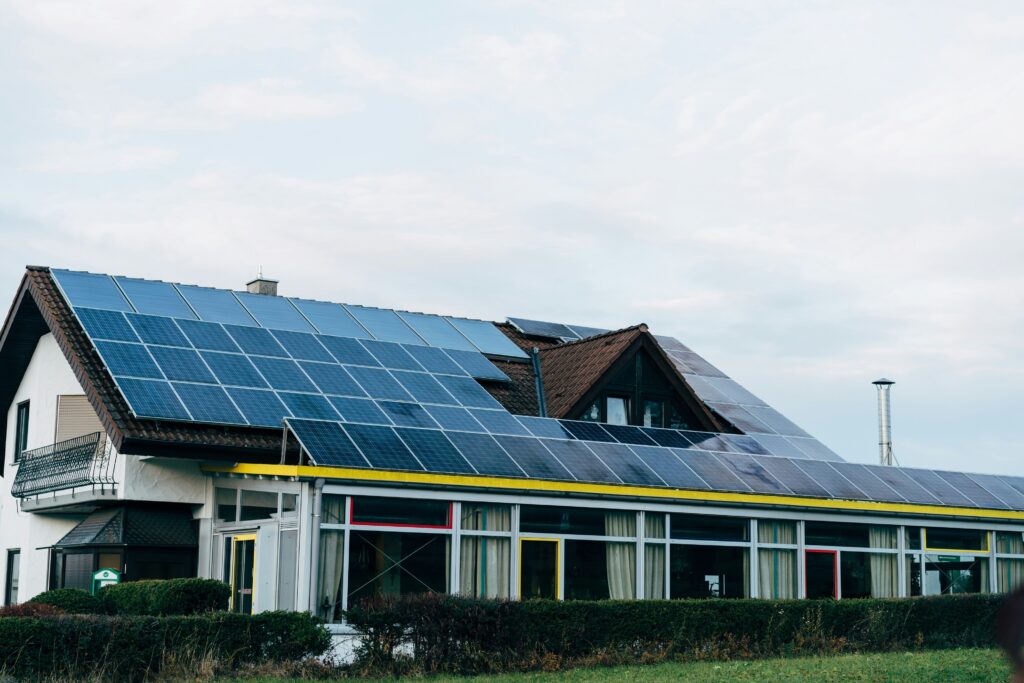

Solar photovoltaic (PV) panels deliver a host of financial and environmental benefits to businesses looking to reduce energy spending and shrink their carbon footprint. However, the efficiency, value, and performance of PV panels all decline with age. And in order to maximize the return on investment (ROI), it is important you understand how to account for solar panel depreciation in your bookkeeping. Knowing how to factor in depreciation also helps to minimize your tax liability while helping to preserve the potential resale value of your renewable energy investment.
This article offers a deep dive into what solar panel depreciation entails and why it matters. It also explores actionable strategies you can follow to optimize the economic value you get from your own solar PV investment.

Solar panel depreciation refers to the declining value of PV systems over time. This decrease in value manifests in two ways:
For businesses, understanding solar panel depreciation is crucial for optimizing tax benefits, managing investment returns, and planning for future energy needs. This article focuses primarily on the accounting aspect and best to how leverage depreciation to enhance financial outcomes.
Understanding solar panel depreciation is essential for businesses that invest in PV systems. This depreciation not only impacts financial bookkeeping but also plays a critical role in determining the true value of the investment over time.
Let’s delve into how depreciation directly affects two key areas: ROI and the resale value of solar assets.
Solar panel depreciation is a significant factor that influences the ROI of clean energy investments. By accounting for the gradual decrease in the value of PV systems, businesses can more accurately calculate their net profits from solar energy production. This process allows for strategic planning and financial forecasting, enabling investors to maximize the ROI of their investments. Properly managed, depreciation can lead to significant tax savings, effectively lowering the overall cost of your investment (while boosting the ROI).
Depreciation can also impact the resale value of solar panels. As PV modules age and lose efficiency, their market value diminishes. However, understanding and managing solar panel depreciation can help maintain a higher resale value. Regular maintenance and updates to the PV system can mitigate some of the effects of depreciation – preserving both the system’s efficiency and appeal to potential buyers. This attention to depreciation ensures that businesses can recoup a more substantial part of their initial investment if they choose to sell their solar assets at some later date.
Understanding the different methods to calculate depreciation is pivotal for businesses. Although there are many different ways to calculate depreciation, two primary methods stand out: straight-line and accelerated depreciation. Each approach offers a unique way to account for the decrease in PV panel value over time:
Applying these depreciation methods to solar installations enables businesses to optimize their tax benefits and accurately reflect the panels’ diminishing value. The choice between straight-line and accelerated depreciation hinges on a company’s financial strategy and the specific goals of their renewable energy investment.

Several key factors play a role in determining the rate at which solar panels, or PV modules, depreciate over time. These elements not only impact the financial valuation of the solar assets but also their performance and longevity.
This inherent depreciation underscores the importance of accounting practices in managing the financial aspects of solar investments. Recognizing and preparing for depreciation through strategic financial planning allows businesses to safeguard their investments and extract as much value as possible from their PV systems before they are decommissioned.

Calculating depreciation for tax purposes involves a few steps and takes into account the Modified Accelerated Cost Recovery System – alongside federal incentives such as the Investment Tax Credit (ITC) and bonus depreciation options.
Here’s a step-by-step guide:
The above guide provides a simplified approach to PV panel depreciation. However, you should always consult with an experienced tax professional to ensure compliance with IRS reporting requirements.
To enhance the ROI of your PV system, consider these streamlined strategies:
Understanding PV panel depreciation is essential for maximizing investment returns and minimizing tax liabilities. This guide explored what solar panel depreciation involves, its impact on ROI and resale value, and how to calculate it for tax purposes. It also outlined strategies for enhancing the ROI of your clean energy investment.
If you’re looking to optimize the financial benefits of your own solar energy system, while ensuring compliance with tax regulations, consider reaching out to APC Solar.
Our clean energy experts can provide you with tailored advice and support, helping you to navigate the depreciation process effectively and optimize your solar investment’s value. Contact APC Solar today for a free consultation on how to get the most out of your commercial PV project.